Has the ruling party finally met its match?
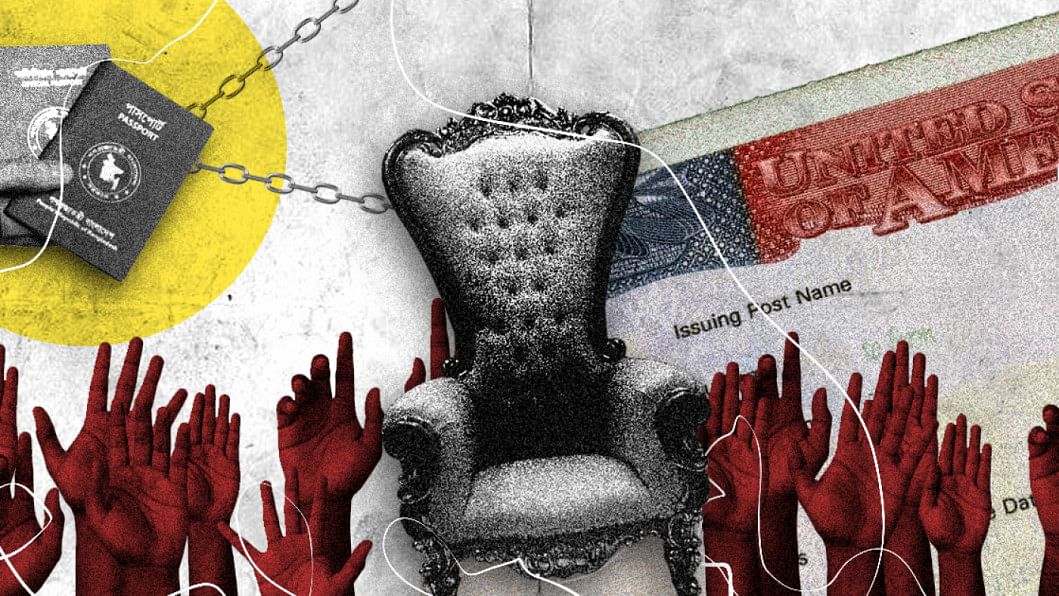
For almost a decade, the current Awami League government has enjoyed unmatched power. Its main opposition, the Bangladesh Nationalist Party, has made numerous political blunders and has been decimated by the ruling party via various state machineries. Aside from using law enforcement agencies to prevent opposition parties from staging any substantial protests, accusations of detention and enforced disappearance of opposition leaders and activists – and even extrajudicial killing of some of them – have been rife. Even human rights activists, independent journalists and ordinary people who expressed dissenting views were seen as hostile to the ruling party and shut down, often using repressive actions. And all these serious rights violation accusations were simply brushed aside by the government as trivial, even when presented and challenged in front of the United Nations Committee against Torture (CAT).
But all of a sudden, things aren't looking as smooth as before for the ruling party.
It has seemingly been under tremendous pressure since the US announced its new visa-restriction policy against individuals (and their immediate family members) "if they are responsible for, or complicit in, undermining the democratic election process in Bangladesh" – if not earlier, when the US imposed human rights-related sanctions on the Rapid Action Battalion (Rab) and six of its current and former top officials. Even though the new policy came to media light in the last week of May, the US apparently notified our government of its decision on May 3 – about which the government initially remained silent. However, between the time the US notified the Bangladesh government and when it became public, it became evident that tensions were growing when the prime minister said Bangladesh would not purchase anything from countries that imposed sanctions against it.
The sanctions against Rab may have made some members of our law enforcement agencies think twice before resorting to the same measures as before, but the US visa restrictions will extend such doubts even among bureaucrats. As is well-known, corrupt officials (from across different government agencies) who have amassed huge wealth often send their children abroad to study, or even settle down sometimes. Oftentimes, they also stash their ill-gotten wealth abroad – particularly in Western countries. Therefore, it is doubtful how many of them are willing to risk it all by assisting the current government to stay in power through another controversial – if not outright rigged – election.
When the new US policy first became public, both the AL and BNP in typical fashion said it would harm the other side; AL General Secretary Obaidul Quader, for example, said it would ruin BNP's sleep. It is true in some sense, as according to the US officials, the policy applies equally to everyone across partisan lines.
But breaking from her party line, the prime minister on June 3 said that it did not matter if someone did not go to the US, crossing the Atlantic Ocean on a 20-hour flight. "There are other oceans and other continents in the world." What does that mean? Does that mean AL is going to resort to measures in the upcoming elections that will get its members banned from the US under its new visa policy – i.e. undermine "the democratic election process in Bangladesh"?
The sanctions against Rab may have made some members of our law enforcement agencies think twice before resorting to the same measures as before, but the US visa restrictions will extend such doubts even among bureaucrats.
Interestingly, only a few days after her comment, on June 12, six members of the European Parliament (MEPs) issued a letter asking the EU high representative to contribute to ensuring free, fair, and impartial general elections in Bangladesh, "possibly under a poll-time neutral caretaker government." In the letter, even more strongly worded than the letter previously issued by six US Republican Congressmen to President Joe Biden, the MEPs expressed serious concerns about "violation of human rights in Bangladesh," and called for the restoration of "democracy and the rule of law" in the country. In order to do so, it even called for measures "such as restriction of entry into the EEA zone of those responsible for and complicit in the human rights abuses, or regular reminding of the conditions for the GSP+ incentive to which Bangladesh is a bidder."
Should these measures be applied, they would reduce the number of countries where individuals who are involved in human rights violation or election interference in Bangladesh can potentially hide their wealth in or escape if things turn sour.
Soon after, we learnt that on June 8, six US Democrat Congressmen urged Secretary of State Antony Blinken via another letter to continue his call for accountability for human rights violations committed by Bangladeshi law enforcement agencies and officials. This letter contained many of the concerns and allegations mentioned in the other letters; however, it also asked "what efforts" the State Department was putting in "to encourage US allies to coordinate on the imposition of sanctions and visa restrictions against the Rapid Action Battalion and its current and former officials." And, of course, it's possible that the next question asked could be what efforts the US would take to "coordinate with its allies" regarding "visa restrictions that apply more broadly" to those involved in human rights violations and election interference in Bangladesh.
So, we are seeing a pattern emerging with the US and its European allies (for now) ramping up pressure on the Bangladesh government. Now, it would be naïve to believe that human rights and free elections are their only agendas. But the fact is that the Western countries involved in this pressure campaign aren't making up the majority of allegations against the current regime – many of them are true. And the way many Bangladeshis seem to be welcoming some of this pressure on social media and elsewhere shows that the government does not have much sympathy from the people, whose voting rights it has denied, whose freedom of speech it has largely taken away, etc.
And this is what makes the current ruling party particularly vulnerable. Over the past decade, it did not bother to gain its strength from the people. In fact, it used the state machinery to clamp down on people, to maintain its power and benefit its coterie. But now that Western countries are increasingly disincentivising those operating within the state machinery (law enforcers, bureaucrats, etc) to continue to support the current regime through repressive and often illegal means, its main source of strength could fast erode.
This is an increasingly concerning time for our country. The fact that internationally, our government is being vilified as a serial human rights violator is extremely embarrassing for Bangladeshis – more so because much of it is true. At the same time, the growing hostility between foreign powers and the current regime, and the complete deterioration of our state institutions over the last decade in particular (but also before that), increases the vulnerability of our state by manyfold.
The ruling party would be well-advised to change its ways and try to make the people its main source of strength through good governance, by returning power to the people and making amends for its past mistakes. But given its past insistence on doing anything but that, will it even consider that as an option? And is it now too little, too late for that?
Eresh Omar Jamal is assistant editor at The Daily Star. His Twitter handle is @EreshOmarJamal

 For all latest news, follow The Daily Star's Google News channel.
For all latest news, follow The Daily Star's Google News channel. 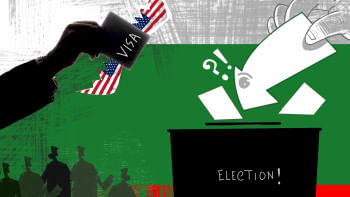
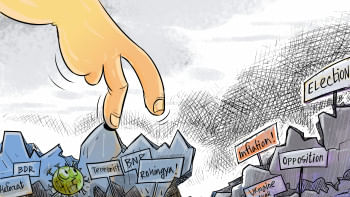


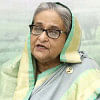
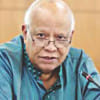


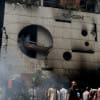


Comments